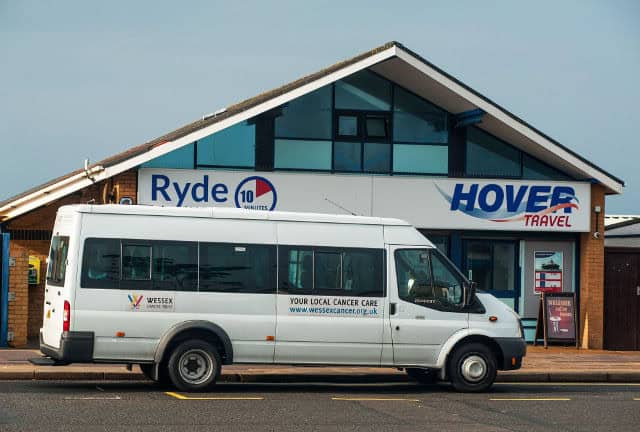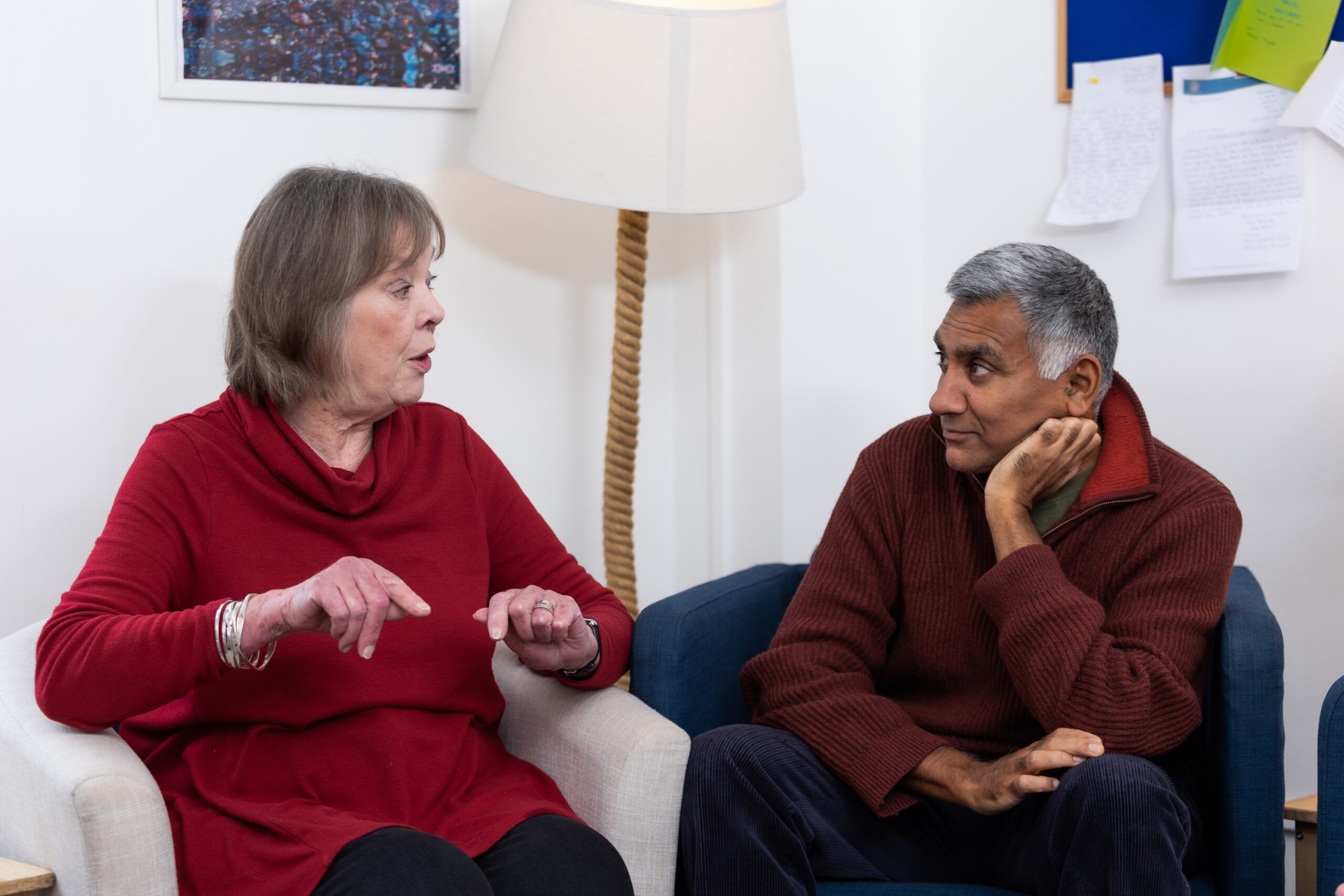One in two individuals will be affected by some form of cancer in their lifetime. In Hampshire, that’s around 10,000 new cases each year and about 80,000 people living with and beyond cancer.
After a cancer diagnosis it is common for patients and their loved ones to experience many different emotions, including anger, desperation, fear, isolation, stress, anxiety, and depression. These factors can impact on a person’s ability to cope and can affect both their physical and mental health outcomes, resulting in greater pressure on NHS services.
Support through this experience can be vital and much needed. Research shows that having access to emotional and practical support before and after cancer treatment, can greatly improve how people feel and recover. There is even a growing body of evidence that it can potentially influence treatment outcomes.
Yet the latest (2023) National Cancer Patient Experience Survey found that only 32% of those who needed emotional support and care could get it. Other research shows that even a decade post treatment, 54% of cancer survivors still have at least one psychological issue.
That’s why the James Tuttiett Charitable Trust was delighted to support the outstanding work provided by Wessex Cancer Support. Established over 40 years ago they deliver support by experienced staff who are specialists in their area, and by trained and amazing volunteers, many of whom also have a lived experience of cancer too.
Their aim is that everyone in Wessex affected by cancer will have access to personalised wellbeing support so that they can face what’s ahead with more confidence.
To help achieve this, they provide support to local people with all types of cancer, as well as to carers and loved ones who may feel the impact of cancer.
They do this in a variety of ways:
Through their four Cancer Support Centres including Chandler’s Ford and Hythe in Hampshire, where they provide free, personalised support to thousands of local people. This might include befriending, counselling, complementary therapies (such as reflexology, reiki, sound therapy, aromatherapy), scar tissue massage and lymphatic drainage and a range of group activities (yoga, tai chi, walking groups, art, crafts), depending on the needs of the individual.
They also provide an online services which closely mirror their in-person support which includes a variety of remotely delivered therapies including counselling and reiki. This provides an alternative to visiting support centres for those unable to access. They also provide support at:
• Their four popular “Sing for Life” choirs including Cosham and Totton in Hampshire. Singing is widely documented to have a positive effect on mood, stress and immune response for cancer patients and the choirs combat isolation and provide friendship and support too.
• Through our “Mentalk” group specifically aimed at men affected by cancer – a group widely recognised as reticent about seeking support. This group seeks to address that need.
• They also provide the Wessex Cancer Support Daisy Bus transport service for patients arriving from the Isle of Wight and Jersey for treatment on the mainland.
Having access to emotional and practical support like those provided by the Wessex Cancer Support both before and after cancer treatment, can greatly improve how people feel and recover. There is even a growing body of evidence that it can potentially influence treatment outcomes.
Your support can make a real difference in the lives of people impacted by cancer, helping them to live well with and beyond cancer.
To find out more please visit
https://www.wessexcancer.org.uk/
 © Wessex Cancer Trust
© Wessex Cancer Trust
 © Wessex Cancer Trust
© Wessex Cancer Trust